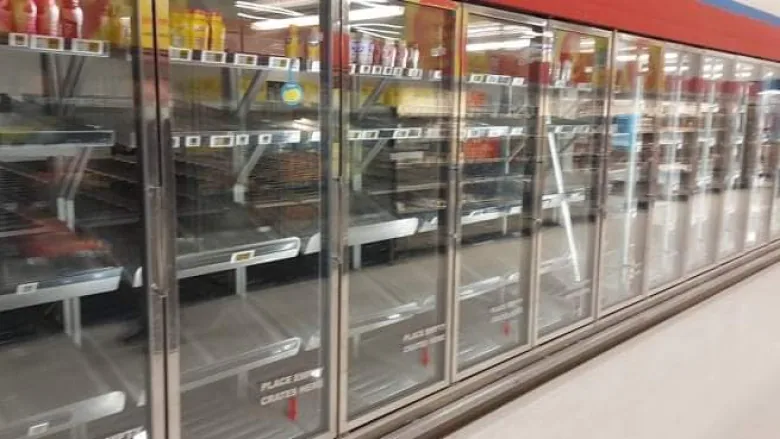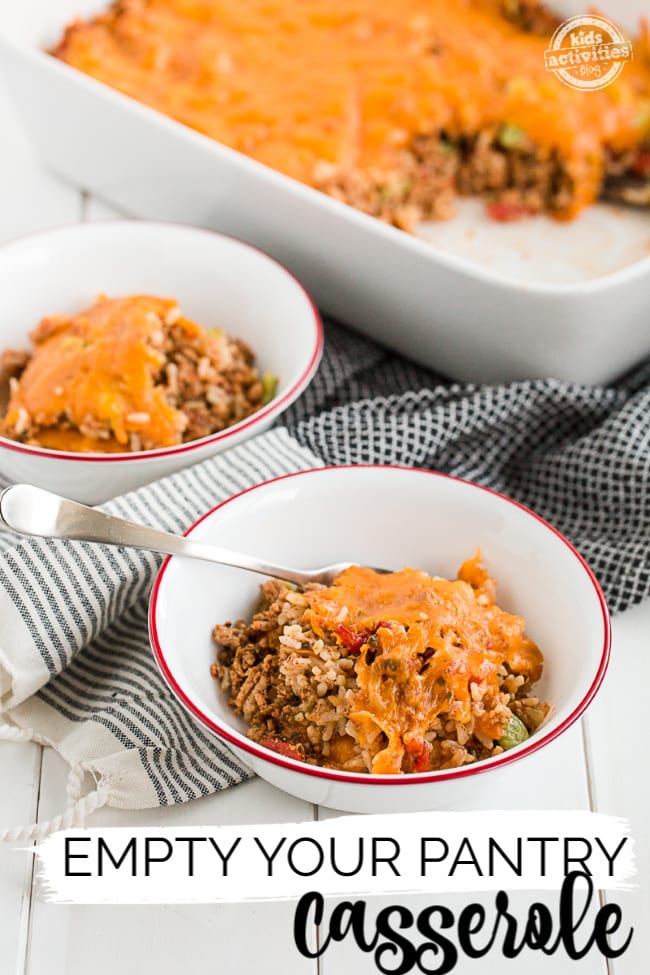Family Favourites 2026!
The nominations have been tallied, and the voting begins on January 10th! Look at the Family Favourites you nominated! Family Favourite Nominees 2026 Congratulations to all the nominees!


BC is entering a tough time and hoarding is not going to help anyone. The recent flooding has put pressure on B.C.’s dairy, chicken, and egg industry; the province says there’s enough food.
Provincial leaders are urging British Columbians not to hoard food and groceries as disruptions to B.C.’s farm industry and supply chains from historic rain and flooding fuels angst amid consumers.
Scenes of empty grocery store shelves in Hope, Chilliwack, and the Okanagan prompted B.C. Premier John Horgan to issue calls to residents to refrain from panic-buying.
“Please, do not hoard items. What you need, your neighbours need as well,” he said at a news briefing Wednesday. “We are confident we can restore our supply chains in a quick and orderly manner provided we all act as we have been acting over the past two years.”
Premier John Horgan
Rather than jumping on board with the hoarding, why not take advantage of what’s in your cupboard, fridge, freezer – the staples? This is a good time to allow the Food Industry to recover and get back to a normal routine. I actually love emptying things out and getting creative with the leftovers. It’s kind of like KonMari-ing those neglected spaces. We are fortunate to have enough food. It’s just learning how to use it to make some great recipes.
1. Take inventory of the food you already have at home.
With pen and paper on hand, head to your pantry, fridge, and freezer and write down the foods you already have and can consume first. There’s no need to buy more pasta if you already have a dozen boxes of spaghetti on hand.
2. Make a list of meals you can make today.
Look at the items you wrote down on your paper and write a list of simple meals your family will eat you can make using the ingredients you have. Any missing ingredients can be written down on a separate shopping list.
And while you’re thinking about meals, jot down meals your family will enjoy eating for additional days. Meaning, if you only have enough food to cook 6 full family meals, write down 8-10 other meals you can make with a few ingredients for the rest of the 2-week period.
Remember to keep things simple. And by the way, repeat meals as necessary since this is temporary.
3. Repeat for all meals.
While you might associate “meals” with dinner, you’ll need to do this process for breakfast, lunch, and snacks. See below for a recommended food list.
Now you have an “on-hand” list, a “meals” list, and a “shopping list” with the missing ingredients to help you make those meals.

These are just some ideas of easy recipes to try out. Luckily it’s soup and stew season and is a great time to use up any Thanksgiving leftovers.
On Wednesday, B.C.’s agriculture minister, Lana Popham, said she expects other provinces will help pick up any slack when it comes to supplying chicken, dairy and eggs.
“We won’t run out of food, so I encourage people not to be as enthusiastic when they’re shopping.”
B.C.’s agriculture minister, Lana Popha
When shopping just keep in mind what you need, write a meal plan, and make sure you’re not buying too much. There is no need to buy more than you need and end up composting it. We will get through this by supporting one another.
Stay Strong B.C.!

The nominations have been tallied, and the voting begins on January 10th! Look at the Family Favourites you nominated! Family Favourite Nominees 2026 Congratulations to all the nominees!

The Family Favourites competition has come to a close. It was a very close race in some situations and there were a lot of new votes a lot of changes from the January 31st standings. With over 15,000 votes - our readers have spoken and the winners have been chosen. Here are the Family Favourite…

Thank you for participating in the Family Favourites for 2025, so far we have received great engagement. A kind reminder that voting continues until February 9th and you will be entered to win these fabulous prizes for every vote you make. Prizes: Here are the standings so far: Current standings for: Favourite indoor play zone…
